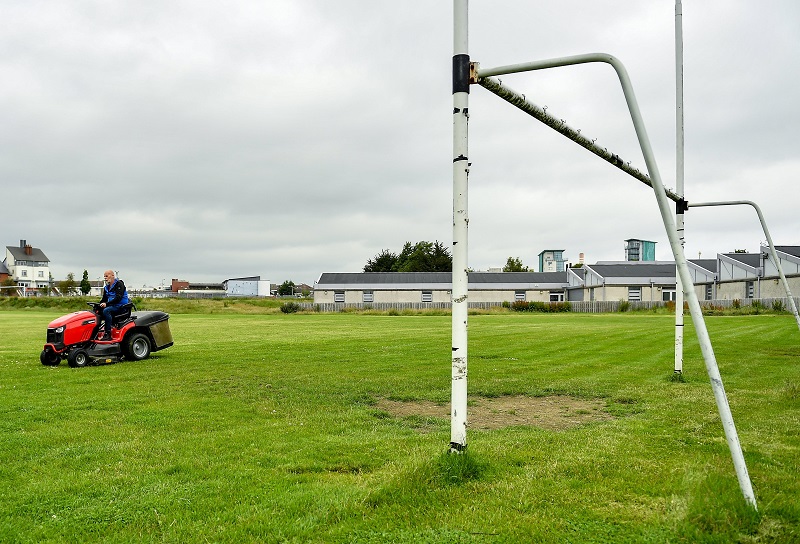ONE of the fundamental aspects of all GAA clubs is the desire to own the property on which they play their games. For most units this has already happened, while some other clubs are striving and working towards this goal.
As all units of the GAA are un-incorporated, associations are not able to own property in law. To deal with this, the property is registered in Land Registry in the names of five Trustees who hold the property in trust for the unit.
Traditionally the Trustees were personal Trustees, three on behalf of the club, one on behalf of the county committee and one on behalf of the provincial council.
In order to streamline how property is held throughout the Association, the GAA is providing units with the option to hold property through the Corporate Trustee, which is a Trust Company (“Iontaobhas Corparáideach Chumann Lúthcleas Gael Cuideachta Faoi Theorainn Ráthaíochtá”).
The facility is open to all units and is entirely optional. Holding the property through the Corporate Trustee does not affect the ownership, the Corporate Trustee holds the property on trust in the same way as personal Trustees do.
There are three options available to clubs regarding the Corporate Trustee, as follows:
1) The club may elect to do nothing and continue to hold the club property through personal Trustees.
2) The club may elect to introduce a partial change, holding the property in both the personal Trustees nominated by the club and the Corporate Trustee, which would replace the county and provincial trustees.
3) The club may elect to have all property held only through the Corporate Trustee, replacing all personal Trustees from the club, county and province.
The benefit of holding the property in the Corporate Trustee is that it future proofs the legal ownership of the property on behalf of the club whilst still retaining the local control, subject to the protocols of the Association regarding consents.
In practical terms, when a legal, funding, or bank document requires signature by the Corporate Trustee, this can be signed by one director of the holding company. In the case of Ulster clubs, Brian McAvoy, provincial secretary, is a director of the Corporate Trustee and as such is entitled to sign documents in this capacity.
The process of moving to adoption of the Corporate Trustee model is relatively straightforward and involves a number of steps by the club and its legal advisor as follows:
1) The Executive Committee of the club determine whether to move to option two or three, appointing the Corporate Trustee or to maintain the current option one position.
2) The appointment of the Corporate Trustee under options two or three is approved at a general meeting of the membership of the club. This can be at the AGM or a specially convened EGM. This is documented by way of resolution of the club which is retained internally by the club secretary as part of the official record of the meeting.
3) A certificate of confirmation signed by the club secretary is conclusive evidence for third parties of the determination of the club to appoint Trustees.
4) The club solicitor is then instructed to prepare the legal papers required to update the title documents for the club property, including searches, land registry forms, deed of appointment and a new declaration of trust. Once prepared the new documents will need to be signed by the relevant persons.
The process of adopting the Corporate Trustee model should take approximately three to six months to complete as a guide.
It is also good practice for clubs to obtain a letter of resignation from retiring personal Trustees to be held as part of the process. There will probably be costs incurred by the solicitor for searches and legal work and the club should take account of the costs involved when taking the decision to move, having said that the decision should not be based solely on cost factors rather looking to future proof the legal status of the property and the longer-term strategic view of the club.
For more information on the Corporate Trustee and templates to complete the transfer, please contact stephen.lohan@gaa.ie.
Receive quality journalism wherever you are, on any device. Keep up to date from the comfort of your own home with a digital subscription.
Any time | Any place | Anywhere












